Historians say a single near miss in 1963 could have completely reshaped America’s political and cultural future.
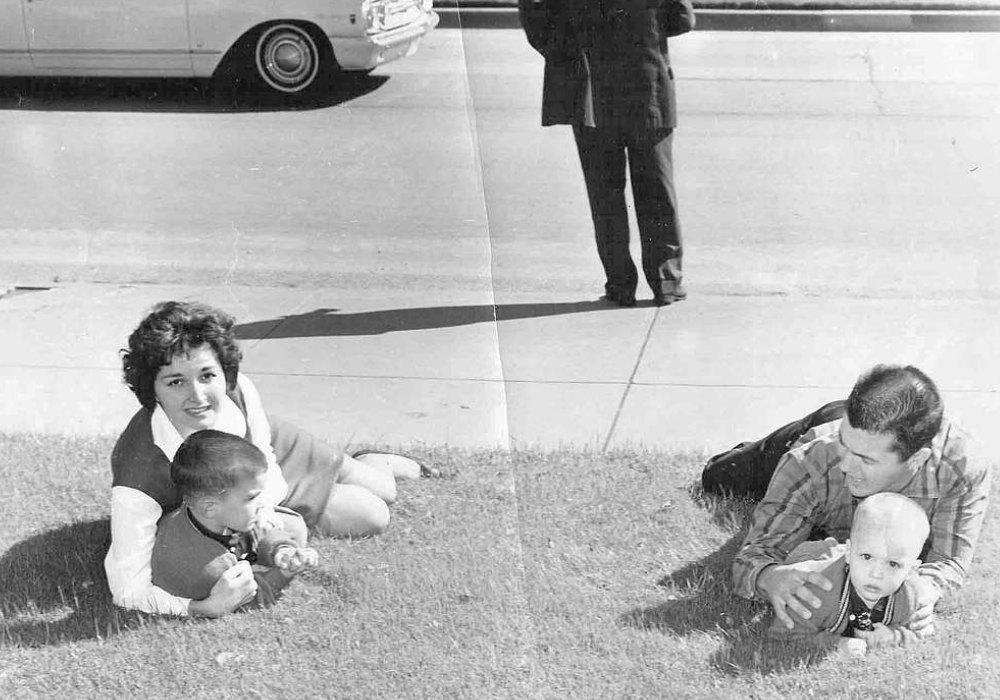
On November 22, 1963, President John F. Kennedy was assassinated in Dallas, Texas—a moment that changed the course of American history. His death shocked the world, ended a youthful era of optimism, and set in motion a series of political and cultural shifts that defined the rest of the 1960s. Historians still debate how different the decade might have been had Kennedy lived. His survival could have altered U.S. policy in Vietnam, reshaped the civil rights movement, and changed America’s relationship with both the Cold War and its own identity.
1. Kennedy’s Presidency Was Defined by Promise and Tension
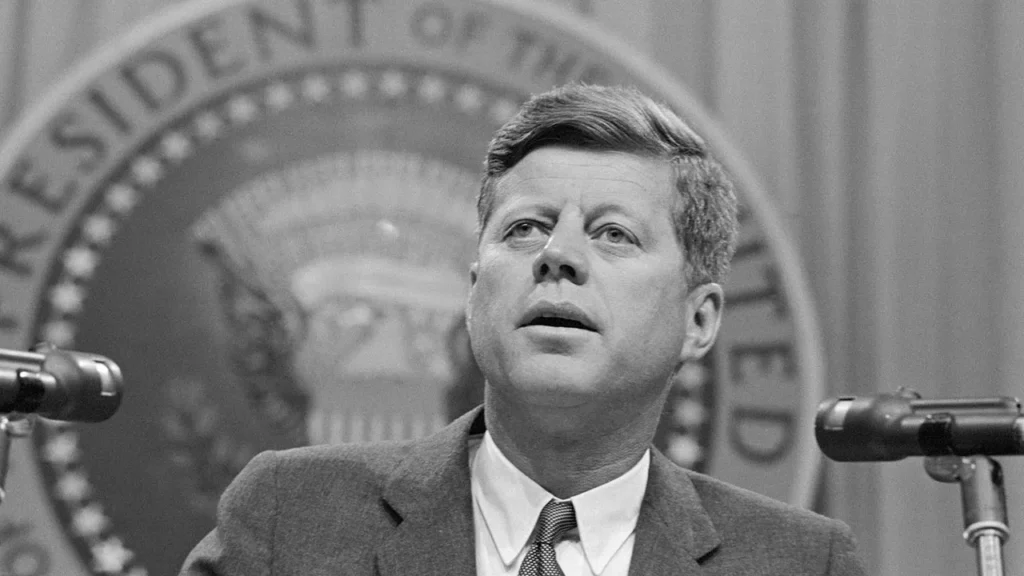
By 1963, Kennedy had become a symbol of generational change. His administration championed space exploration, civil rights, and economic growth while facing Cold War crises in Berlin and Cuba. His youth and charisma inspired hope but also polarized politics.
Kennedy’s leadership style—measured yet ambitious—stood in contrast to the older generation of wartime presidents. Many historians believe his continued presence in the 1960s could have tempered the growing political and cultural divides that followed his death, as mentioned in BBC.
2. The Assassination Ended a New Era of American Idealism
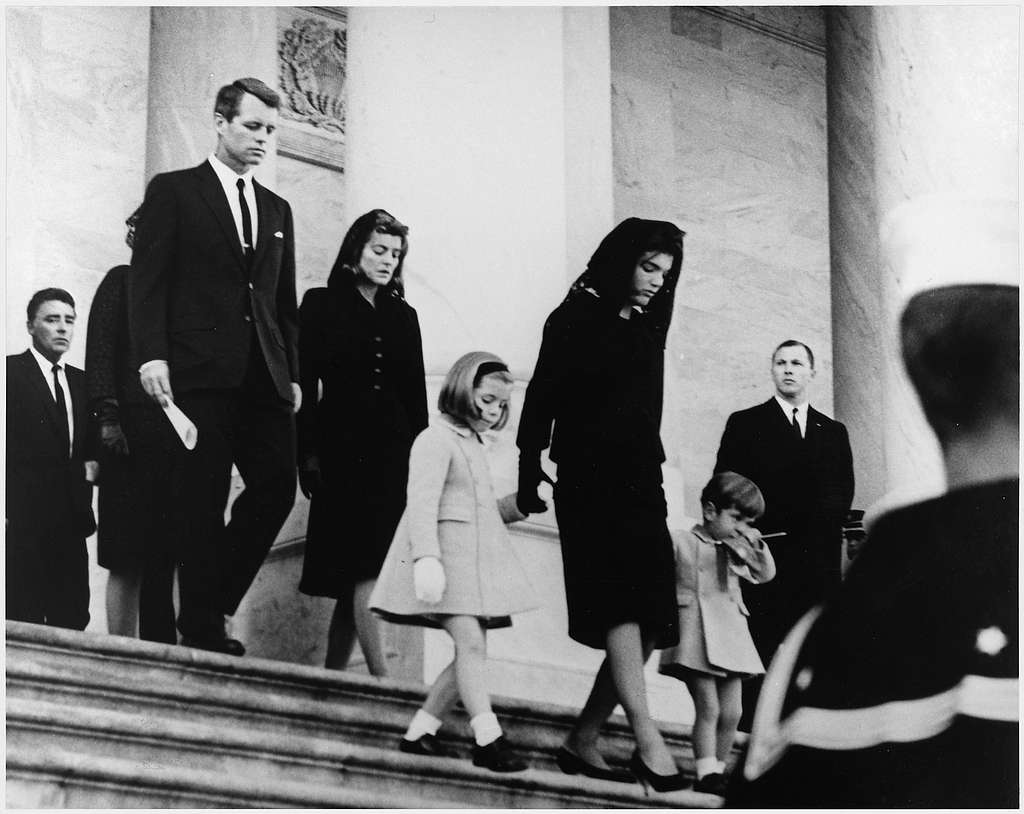
Kennedy’s assassination was not just a political tragedy—it was a national trauma. Millions of Americans watched in disbelief as news broke that the president had been shot in Dallas and later pronounced dead at Parkland Memorial Hospital.
The event shattered a sense of postwar innocence. The hope embodied by Kennedy’s “New Frontier” was replaced by grief, cynicism, and mistrust in government. The assassination marked the beginning of an era defined by violence, protest, and political upheaval, according to Medium.com.
3. Had Kennedy Lived, the Vietnam War Might Have Been Contained

At the time of his death, Kennedy had authorized limited military support in Vietnam but resisted sending large combat forces. He expressed skepticism about deepening U.S. involvement and reportedly intended to begin withdrawing advisers after the 1964 election.
When Lyndon B. Johnson assumed the presidency, policy shifted dramatically. Johnson escalated the conflict, deploying hundreds of thousands of troops by 1968, as stated by History.com. Many historians believe Kennedy, wary of a land war in Asia, would have avoided such large-scale escalation, changing both U.S. history and global geopolitics.
4. The Civil Rights Movement Could Have Taken a Different Path
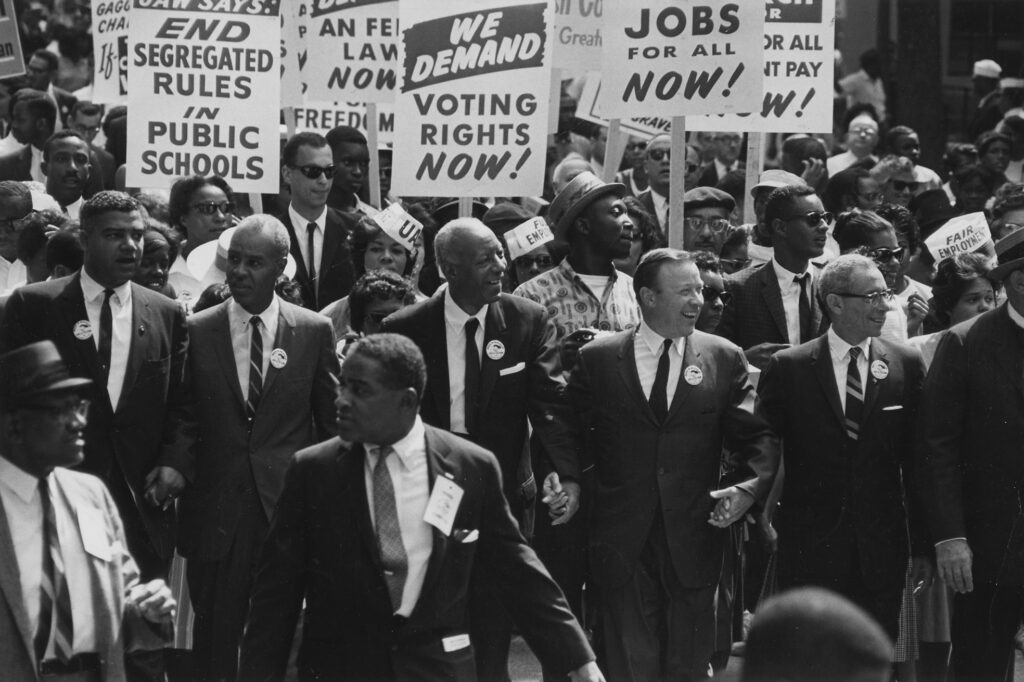
Kennedy’s administration had begun to embrace civil rights more fully by 1963. His June address calling racial equality a “moral issue” laid the groundwork for later legislation. However, his cautious political approach reflected concern about alienating Southern Democrats.
If Kennedy had lived, he likely would have signed a civil rights bill, though perhaps with less political capital than Johnson later wielded. Johnson’s mastery of Congress ensured passage of the Civil Rights Act of 1964—a task Kennedy might have faced greater difficulty achieving.
5. Kennedy Planned to Deepen Diplomatic Relations With the Soviet Union
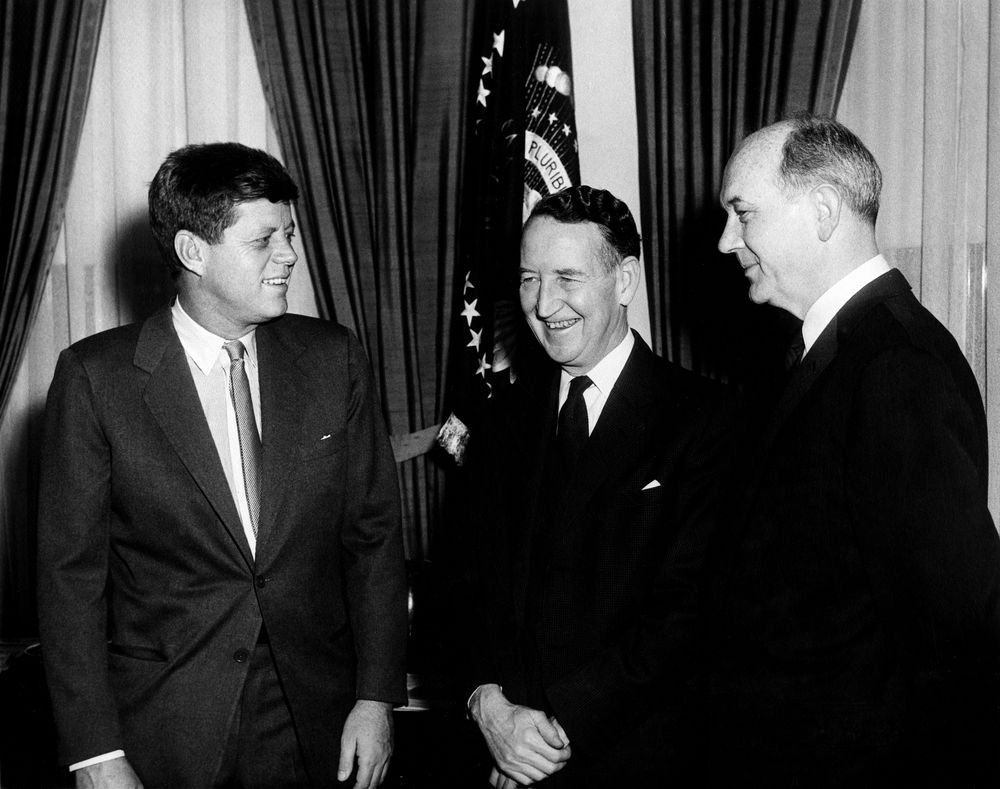
After the Cuban Missile Crisis in 1962, Kennedy began advocating for détente—a gradual easing of Cold War tensions. He signed the Limited Nuclear Test Ban Treaty in 1963 and pushed for further cooperation with the Soviet Union on arms control.
His survival might have accelerated diplomatic progress with Moscow, particularly under Soviet Premier Nikita Khrushchev. The nuclear standoff had taught both leaders the dangers of brinkmanship. Continued dialogue could have reshaped the Cold War into one of negotiation rather than escalation.
6. The Space Race Could Have Become a Joint Effort
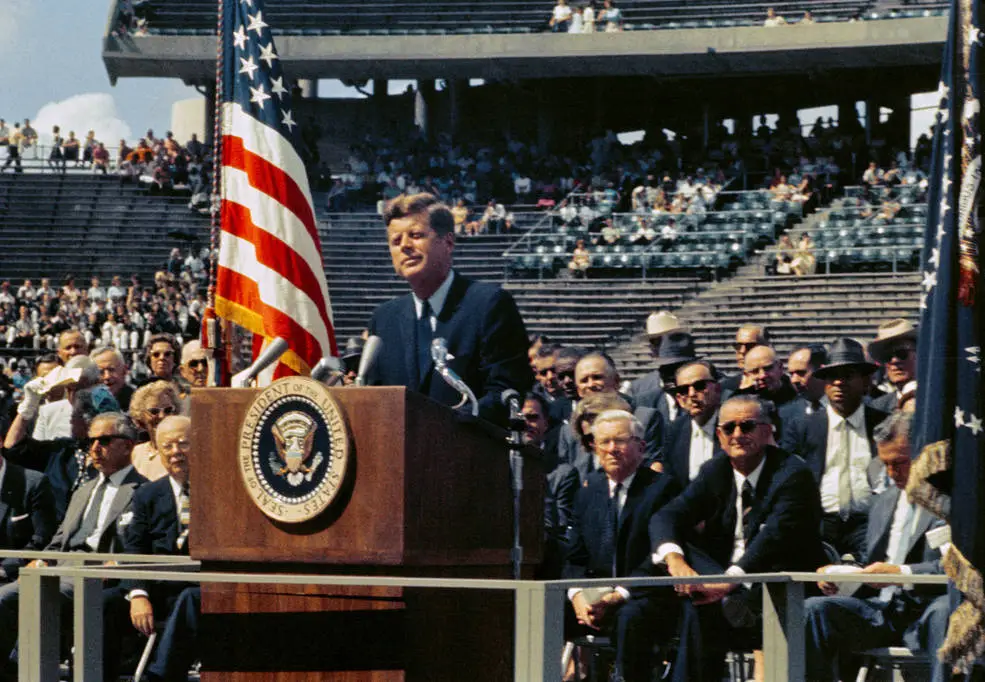
Kennedy was a driving force behind the U.S. space program, famously pledging to land a man on the Moon before the decade’s end. In his later speeches, he proposed the idea of U.S.-Soviet collaboration in space exploration—a radical idea for its time.
Had he lived, this proposal might have materialized, softening Cold War rivalries through shared scientific goals. Instead, the race to the Moon became a symbol of competition rather than cooperation, reflecting the adversarial tone of the Johnson and Nixon years.
7. The Great Society Might Never Have Emerged
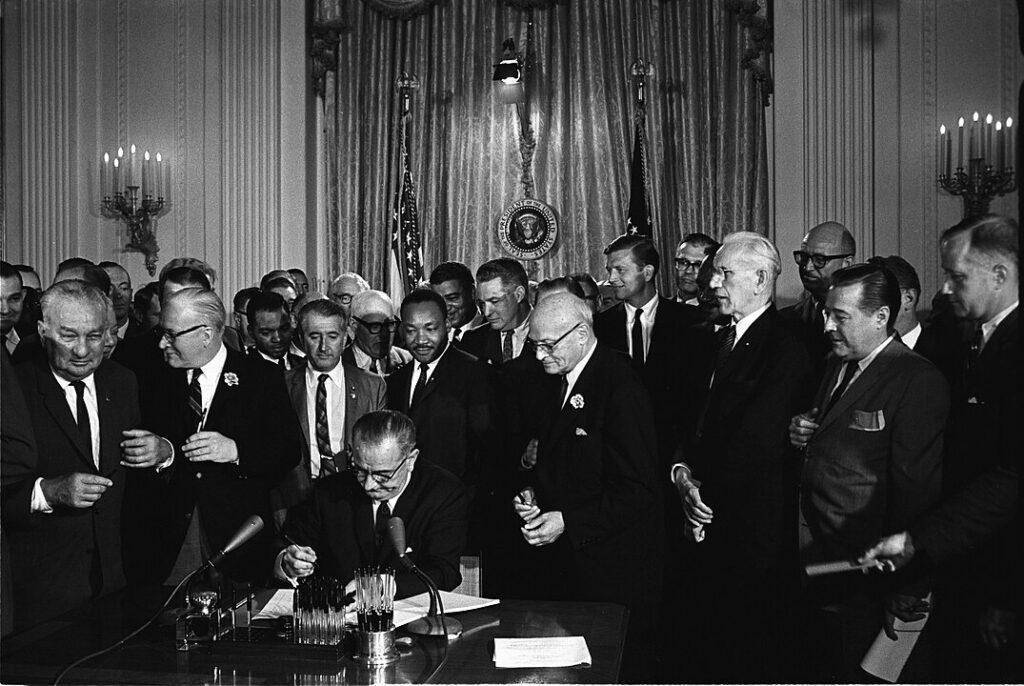
Johnson’s domestic agenda—the “Great Society”—produced landmark social programs such as Medicare, Medicaid, and the War on Poverty. These initiatives were a response to Johnson’s political priorities and legislative skill, not Kennedy’s.
Kennedy’s domestic focus was narrower, emphasizing tax cuts, civil rights, and education. Without Johnson’s presidency, federal expansion into welfare and healthcare might have proceeded more slowly, changing the social and fiscal landscape of modern America.
8. The Counterculture Movement Might Have Evolved Differently
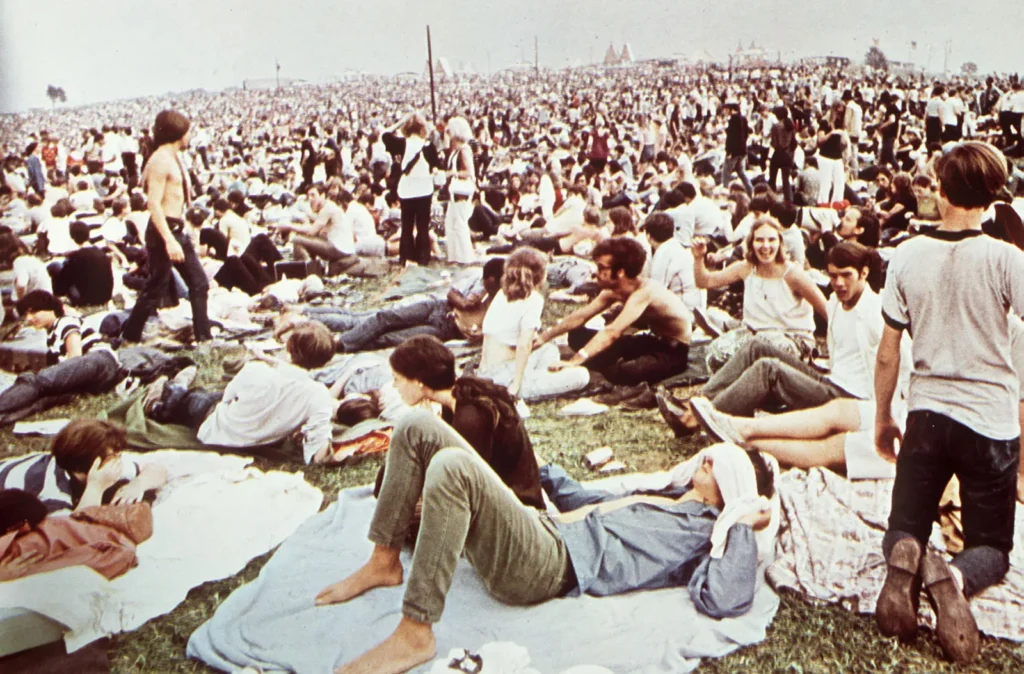
Kennedy’s presence could have moderated the disillusionment that fueled the late-1960s counterculture. His optimistic rhetoric and youthful image embodied a belief in government as a force for progress—a stark contrast to the disillusionment that grew after his death and the Vietnam escalation.
Without the polarization of Johnson’s war policies, the student protest movements of the mid- to late-1960s might have been less confrontational. The cultural revolution still would have emerged, but perhaps with less bitterness and fragmentation.
9. U.S. Politics Might Have Avoided Its Deepest Divides
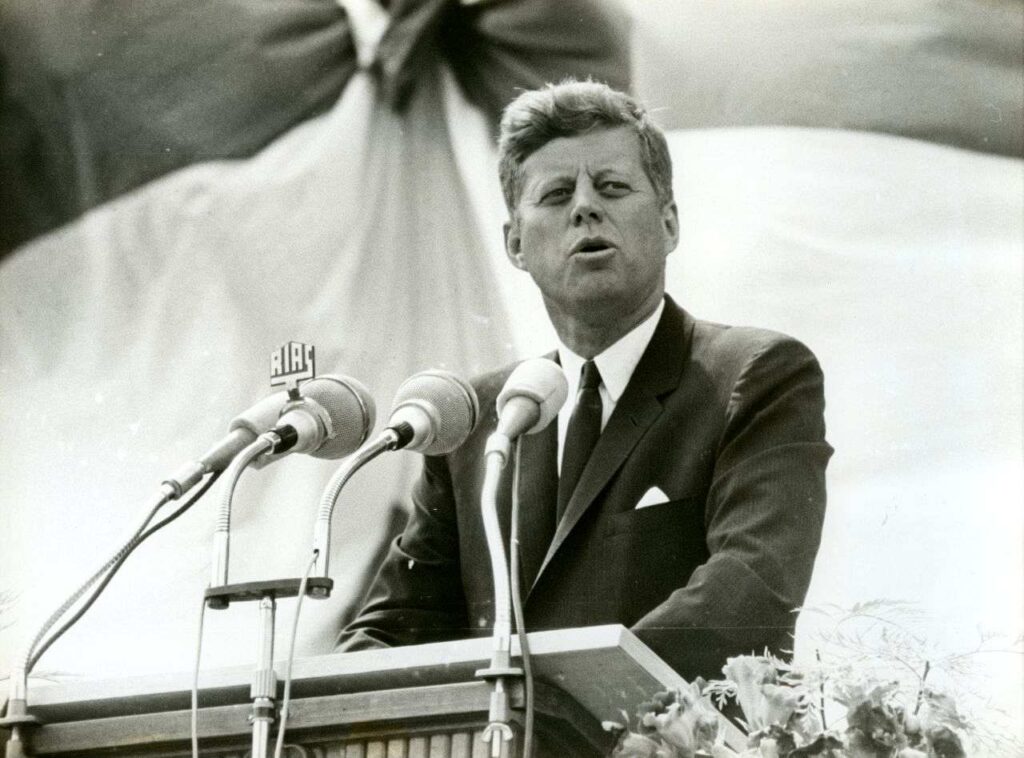
The 1960s saw growing distrust between Americans and their government, fueled by assassinations, war, and scandal. Kennedy’s continued leadership might have delayed or softened this erosion of trust.
He maintained broad appeal across party lines and cultivated optimism about civic life. While no presidency could have prevented social change, Kennedy’s ability to inspire could have provided a unifying counterbalance to the turmoil that followed.
10. The Civil Rights Backlash Could Have Been Softer
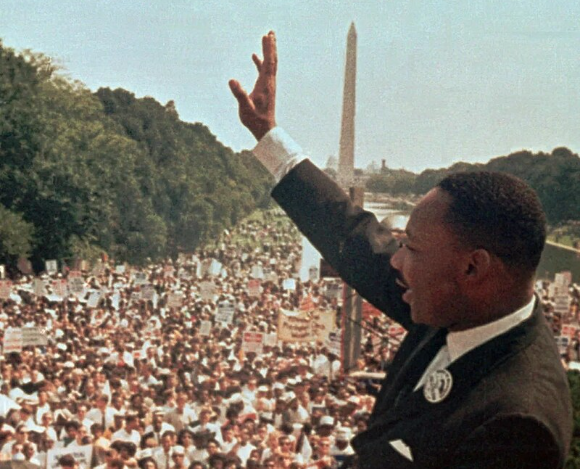
After Johnson’s passage of the Civil Rights Act and Voting Rights Act, a powerful backlash swept through parts of the South, reshaping party loyalties. Under Kennedy’s more gradual approach, the political realignment that shifted Southern Democrats toward the Republican Party might have unfolded more slowly.
This shift fundamentally changed U.S. electoral politics for decades. Kennedy’s survival might have delayed the regional polarization that now defines the modern American political landscape.
11. The Cold War Might Have De-Escalated Sooner
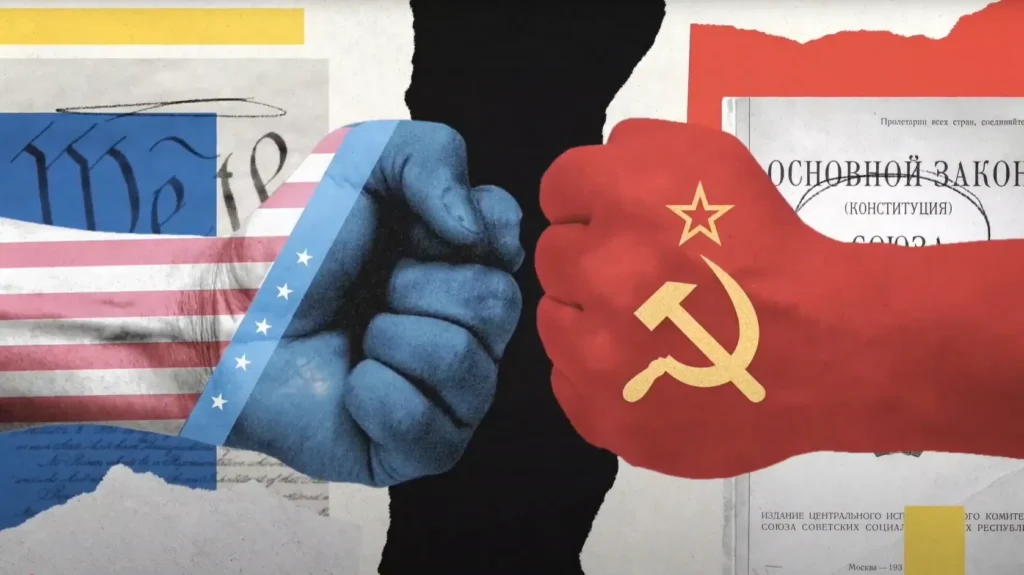
Kennedy’s cautious foreign policy, tempered by his experience during the Cuban Missile Crisis, emphasized diplomacy and restraint. He had grown skeptical of military adventurism and favored negotiated solutions to global conflicts.
Had this philosophy guided U.S. policy through the 1960s, the arms race and proxy conflicts might have cooled sooner. The world could have seen earlier cooperation on issues like nuclear control and space exploration, reducing tensions that dominated the rest of the century.
12. Kennedy’s Legacy Became Larger in Death Than in Life
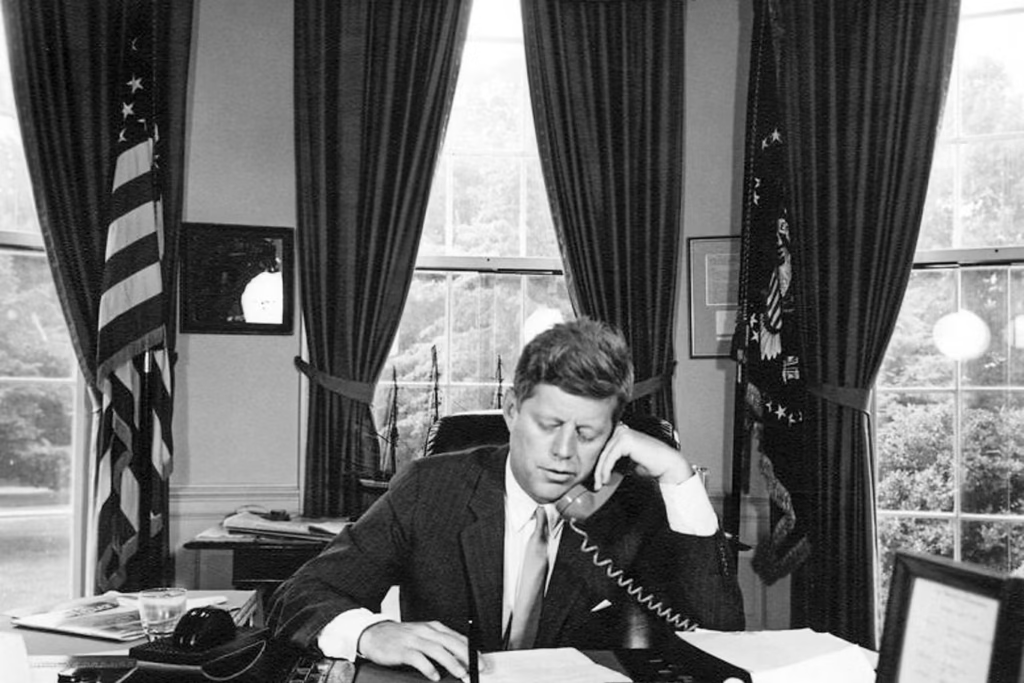
While historians debate what might have been, Kennedy’s assassination transformed him into a mythic figure. His presidency became a symbol of lost potential, an era remembered as America’s “Camelot.”
In death, Kennedy’s image inspired a generation of leaders but also cast a long shadow over the decades that followed. His survival might have produced a more pragmatic legacy—but perhaps a less romantic one. The enduring power of his absence reminds us how history can hinge on a single moment of fate.
